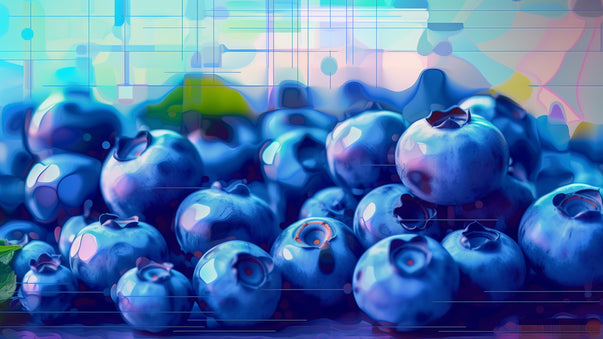Open Insulin and the Coming Wave of DIY Biohacking

“People are angry, and in some cases, people are dying, from lack of access to affordable insulin,” notes a press release of Colorado State University (see below). DIY biohackers associated with the Open Insulin project are striving to change that.
“Key drugs are still too expensive,” said renowned synthetic biologist Jean Peccoud. “People don’t have access to them, so what if they can make it themselves? What do we do about that?” Peccoud notes that the US regulatory environment, not patent exclusivity, is the main barrier to insulin affordability.
Peccoud further elaborates in an essay published in The Conversation with co-author Jenna Gallegos. “Biomanufacturing technologies will continue to evolve,” say the scientists.
“These changes could enable decentralized production of life-saving drugs. How the regulatory system and pharmaceutical industry will adjust to that future is yet to be determined.”
I find it perfectly clear and evident that the citizens can and should organize to produce affordable alternative versions of insulin and other life-saving drugs.
Of course, home-made drugs could present safety risks. “It would be prudent for regulators to engage patients and innovators in community bio-labs to design adaptive oversight that fosters an ethos of responsibility,” note the scientists.
DIY biohacking might shape the future of medicine. Researchers at Colorado State University have found that a growing community of Do-It-Yourself (DIY) "biohackers" are disrupting pharmaceutical discovery, development and distribution, and suggested that the US regulatory environment will need to change in response. In a study published in Trends in Biotechnology, the researchers use the California-based Open Insulin Project as a case study of how the DIY bio movement might shape the future of medicine.
Disrupting the genetic factors that lead to cellular aging. Scientists led by the University of Exeter Medical School have found that certain genes and pathways that regulate splicing factors - a group of proteins in our body that tell our genes how to behave - play a key role in the aging process. A research paper published in FASEB Journal indicates that disrupting these genetic processes could reverse signs of aging in cells. The researchers are persuaded that the findings may one day lead to the development of therapies that can slow, or even reverse, how our cells age.
Artificial anti-oxidant shows powerful positive effects. Researchers from University of British Columbia and the University of Bologna have discovered that TEMPO, a well-known artificial anti-oxidant, is more powerful than natural anti-oxidants and could help counteract everything from skin damage to Alzheimer's Disease. A study published in Journal of the American Chemical Society shows that TEMPO was up to 100 times faster at converting free radicals than vitamin E in fatty environments. The scientists are persuaded that TEMPO could be a particularly effective means of protecting skin tissues or even the walls of cells from radical damage.
Molecule with anti-aging effects identified. Researchers at Georgia State University have found that a molecule produced during fasting or calorie restriction has anti-aging effects on the vascular system, which could reduce the occurrence and severity of human diseases related to blood vessels, such as cardiovascular disease. A study published in Molecular Cell suggests that a small molecule, called β-Hydroxybutyrate, can delay vascular aging through endothelial cells, which line the interior surface of blood vessels and lymphatic vessels. And it may prevent cellular senescence.
Decoding mood swings and depression in the brain could open the way to new therapies. Engineers and physicians at the University of Southern California (USC) and UC San Francisco have discovered how mood variations can be decoded from neural signals in the human brain. According to the researchers, the findings, published in Nature Biotechnology, represent a significant step towards creating new closed-loop therapies that use brain stimulation to treat debilitating mood and anxiety disorders in millions of patients who are not responsive to current treatments, and may yield new therapies for depression and anxiety among millions of patients.
More Articles
Don't miss a beat! In our Pulse Newsletter, Thrivous curates the most important news on health science and human enhancement, so you can stay informed without wasting time on hype and trivia. It's part of the free Thrivous newsletter. Subscribe now to receive email about human enhancement, nootropics, and geroprotectors, as well as company news and deals.
Read more articles at Thrivous, the human enhancement company. You can browse recent articles in Thrivous Views. See other Pulse Newsletter articles. Or check out an article below.
-
Fight Memory Loss with 6 Natural Nootropics
The evanescence of memory affects old and young people alike. At any moment you might find yourself unable to recall ...
-
Prevent DNA Damage by Adding Blueberries to Your Diet
Throughout our lives, our DNA endures assaults from ordinary external and internal factors every day. As time passes, our DNA accumulates damage, ...


